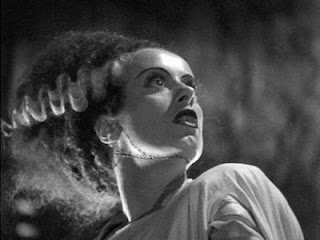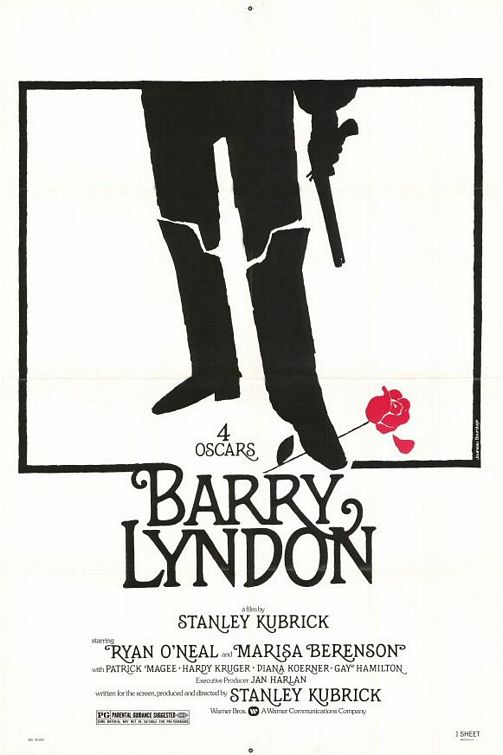This the first film of Kieslowski I have seen; I came upon it through a combination of recommendations. First, I saw that Corliss and Schickel put his Dekalog in the All-Time Top 100 Movies; then I read that Ebert said he is "one of the filmmakers I would turn to for consolation if I learned I was dying, or to laugh with on finding I would live after all;" then I read that Kubrik called the Dekalog the only masterpiece made during his lifetime; then I came across the Trois couleurs, which are happily mostly in French and one of which features the enchanting Juliette Binoche.
The plot begins where countless other movies end: death. A woman loses her husband and daughter, and must go on living. This is not another depressing indie, though; this is a film about why we live. Julie is initially destroyed and empty, but we eventually see a bit of who she must have been before the accident.
Motivation is a horrendously complicated subject. Philosophy on the subject leads to religion or nihilism (Aristotle or Nietzsche, as Alasdair MacIntyre put it). There are alternatives, such as economics or whatever Heidegger is doing, but the subject still kills more questions than it answers. Somehow, Kieslowski neatly avoids it all, while showing the underlying dynamic reality. To try and explain it further would be to relapse into philosophy, which would be a disservice to his work. Instead, just see the film. It will make you glad to be alive.
* * *
Other things I've been watching lately:
Backyard (2009): A movie about the enormous number of rapes and murders of women in Juarez. Important, but seriously depressing.
The Passion of Joan of Arc (1928): Dreyer's crowning achievement, apparently. I'd seen Vampyr (1932) earlier, and though that was nicer in terms of the narrative (if a little simplistic), but the angles in Joan of Arc are amazing. He's incredibly bold, with a lot of slanted close-ups of her face, shots cutting people off at mid-chest, flipping up-side down shots, and more. The story is predictable, but the camerawork amazing.
Beauty and the Beast (1946): The arms are disturbing, and the acting/casting seemed a little off. The Beast's costume was excellent, though; very wookie before wookies.
The Girl with the Dragon Tattoo (2009): Swedish, excellent. Great acting, good story telling. Not Bergman, but worthy of the country, at least. A little violent and disturbing (more rapes and murders – not sure how this keeps coming up). Another supposedly good Swedish film on my list to watch: Let the Right One In (getting an American remake, apparently).
Prince of Persia: The Sands of Time (2010): Better than I expected; Jake Gyllenhaal was not as miscast as it seemed, and Gemma Arterton was pleasant. Fluff, but decent fluff.
Salt (2010): I hate Angelina for her PR, and don't think she's that good of an actress, but she can carry an action flick. Apt timing, too, with recent revelations about Russian spies who have been living in the US for years. A bit generic, and the sequel setup was obnoxious, but otherwise decent.
Camille (1936): Greta Garbo. There has never been a more humanizing film about gold digging made.
Murder on the Orient Express (1974): Agatha Christie, but dark, very dark. The opposite of another Lumet classic, 12 Angry Men (1957). A unique murder mystery in classic style.








